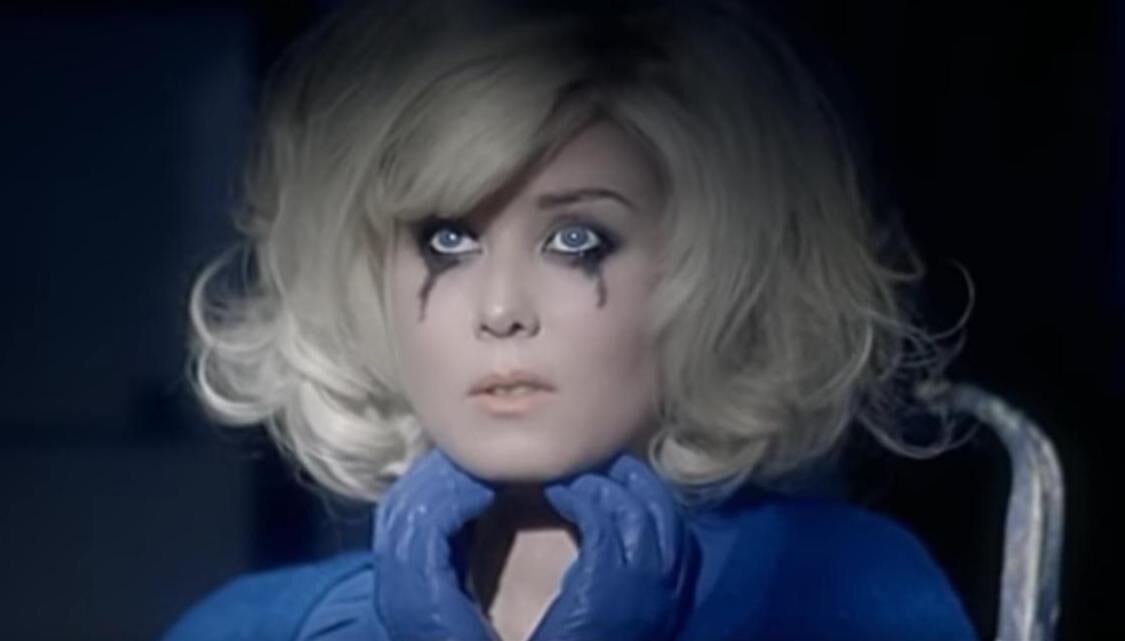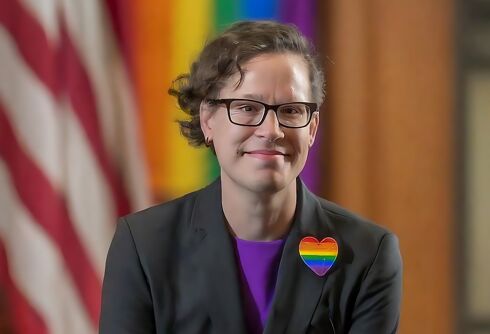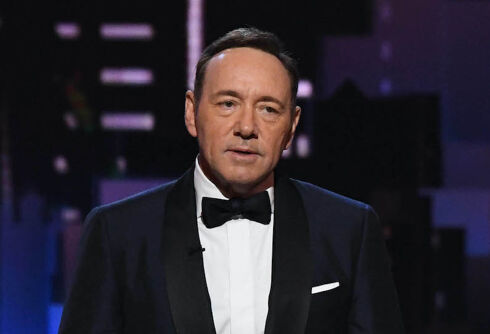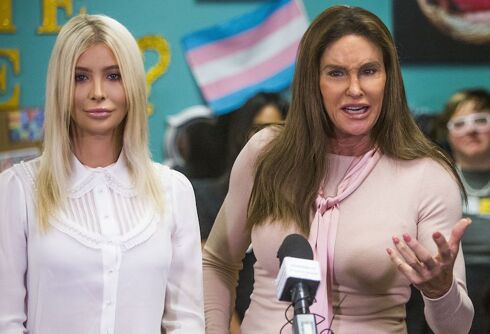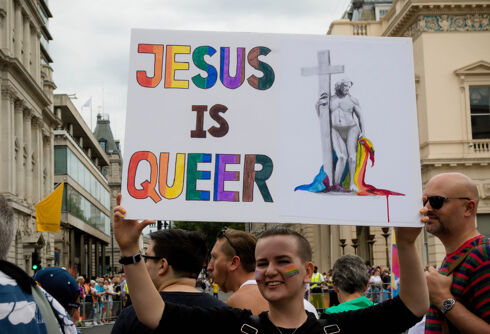Irish pop star Róisín Murphy has responded to backlash over her comment that appeared to criticize the use of puberty blockers by transgender kids.
Last week, a screenshot of a comment attributed to Murphy went viral. “Please don’t call me a terf, please don’t keep using that word against women…I beg you,” she reportedly wrote from a personal Facebook account. “But puberty blockers ARE F**KED, absolutely desolate, big Pharma laughing all the way to the bank.”
Related:
Carlos Santana compares himself to Dave Chappelle & tells trans people to go back in the closet
The clip of him rambling on stage went viral and he has since apologized.
She went on to claim that “little mixed up kids are vulnerable and need to be protected, that’s just true.”
Never Miss a Beat
Subscribe to our newsletter to stay ahead of the latest LGBTQ+ political news and insights.
It remains unclear what prompted the comment, but critics were quick to blast the singer — whose fanbase includes a sizeable number of LGBTQ+ people — for spreading the sort of anti-trans misinformation that has led to a moral panic in both the U.S. and the U.K. around trans kids receiving gender-affirming care.
As writer and comedian Aidan Comerford pointed out, puberty blockers are commonly prescribed to both cisgender and transgender young people to alleviate the distress associated with early onset puberty (in the case of cis kids) and gender dysphoria (in the case of trans kids).
However, laws banning gender-affirming care for minors frequently only ban the use of puberty blockers for trans kids. Every major medical organization in the United States recognizes that gender-affirming healthcare —which can include puberty blockers — is evidence-based, safe, effective, and can be medically necessary to treat gender dysphoria in young people.
On Tuesday, Murphy posted a long statement on Twitter responding to the backlash.
“I have been thrown into a very public discourse in an arena I’m uncomfortable in and deeply unsuited for,” she wrote. “I cannot apologise enough for being the reason for this eruption of damaging and potentially dangerous social-media fire and brimstone. To witness the ramifications of my actions and the divisions it has caused is heartbreaking.”
“The morning I made these comments I was scrolling and I brought up a specific issue that was only broadly related to the original post,” she continued. “It was something that had been on my mind. I knew my friends were informed about the topic. I should’ve known too that I was stepping out of line.”
“I am so sorry my comments have been directly hurtful to many of you,” Murphy wrote. “You must have felt a huge shock, blindsided by this so abruptly. I understand fixed views are not helpful but I really hope people can understand my concern was out of love for all of us.”
She added that she intends to “bow out of this conversation within the public domain,” and that she is “not in the slightest bit interested in turning it into ANY kind of ‘campaign.’”
Notably, Murphy did not disavow her misinformed comments or explain her views further, other than noting that she has “spent my whole life celebrating diversity” and that her music “will never exclude any of us.” While her statement references a personal Facebook account and “these comments,” it does not mention puberty blocker or her stance on transgender people’s rights to receive necessary healthcare. Pitchfork notes that it was unable to verify that the viral comment was in fact Murphy’s and the singer’s publicist would not confirm that the statement was released in response to the backlash.
Murphy is the latest musician to be criticized for anti-trans comments. Earlier this year, Paul Stanley of Kiss and Dee Snider of Twisted both made headlines for anti-trans comments they made on social media, questioning whether parents should affirm their trans and nonbinary children’s gender identities. In an interview published last week, shock rocker Alice Cooper went on a vile rant, parroting dangerous anti-trans misinformation and right-wing talking points, while Carlos Santana drew criticism for anti-trans comments he made onstage at a recent concert. Stanley, Snider, and Santana all later attempted to walk back their statements, though Santana appeared to delete his apology within days of posting it.


